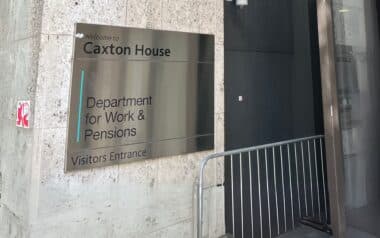State pensioners across the UK have expressed frustration and concern after receiving letters from HM Revenue & Customs (HMRC) demanding substantial repayments for historic tax credit overpayments, with some being asked to pay back as much as £75 per week from their state pensions. As reported by Birmingham Live, the issue affects pensioners who previously claimed Working Tax Credits and are now being pursued for overpayments dating back nearly two decades.
Pensioners Shocked by Sudden Demands
Several state pension recipients have come forward after receiving HMRC letters requesting large deductions from their benefits. One pensioner, writing to This is Money, described how they were first notified of an overpayment from 2003 to 2005 and initially agreed to repay £4 a week. Years later, however, the demand rose sharply to £147 every fortnight, causing significant distress.
The individual, who had been medically retired from Royal Mail after 32 years of service, questioned the delay and the reasoning behind such a steep increase. Despite previously being told in 2010 that the debt existed, HMRC had postponed collection due to low income—raising concerns about why the department now considers the individual financially better off.
HMRC and DWP Respond
Following media inquiries, HMRC reviewed the case and acknowledged the overpayment was valid, but agreed to reduce the deduction back to £4 per fortnight. A spokesperson for HMRC said:
“HMRC has carefully reviewed Mr M’s case and found the overpayments on his record are correct. DWP is collecting what’s owed in an affordable way.”
Despite multiple requests, HMRC did not clarify why it had decided the pensioner’s financial circumstances had improved since 2010, especially given the fixed nature of many state pension incomes.
The Department for Work and Pensions (DWP), which is now managing the deductions, stated in its correspondence:
“We are writing about money that you need to pay back. We have arranged to take deductions from your benefit to pay this money back.”
Growing Concern Over Treatment of Retirees
The case highlights growing unease among pensioners about the way government departments are recovering old debts, especially those dating back more than a decade. Many affected individuals are now living on limited incomes and had believed that previous repayment arrangements were sufficient—or that the matter had long been closed.
Critics argue that the government should not be placing financial strain on pensioners through aggressive recovery efforts without a full reassessment of current circumstances. The lack of clear communication and the apparent change in repayment terms have led to calls for better oversight and transparency in the way historical overpayments are pursued.









